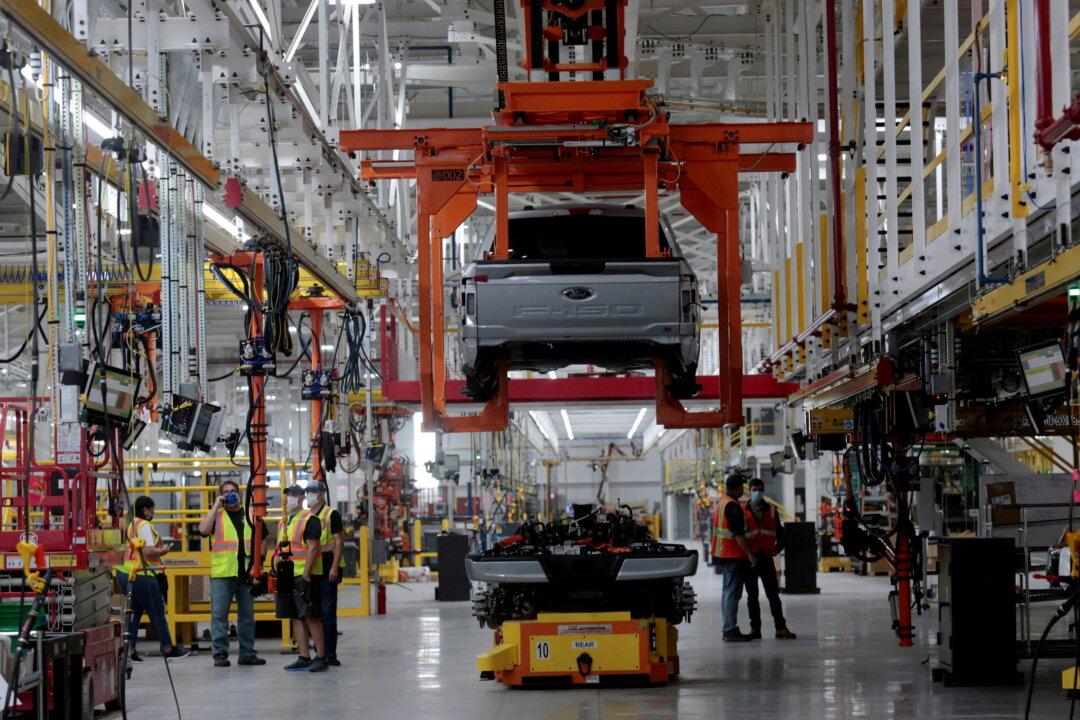Gov. Ron DeSantis (R-Fla.) recently signed a new law that limits most car manufacturers from selling vehicles directly to the public, while providing advantages to EV makers such as Tesla, Lucid, Rivian, and Polestar.
The legislation, set to be enforced from July 1, imposes obstacles for major car manufacturers, which are prohibited from bypassing independent dealerships and selling vehicles directly to consumers if they had existing agreements with independent dealers in the state prior to the law’s enactment.





